New greenhouse and 4 Winds rootstocks?
loneroc1
11 years ago
Related Stories

OUTBUILDINGSStudio Solution: A Kit Greenhouse Becomes a Creative Private Office
See how an inventive work-from-home designer made an office from a greenhouse, for some inspired thinking in the backyard
Full Story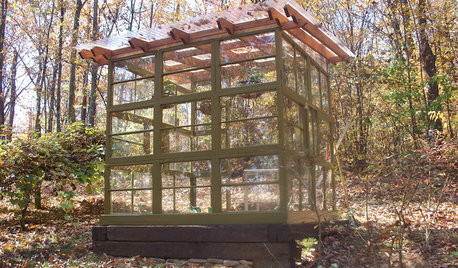
GARDENING AND LANDSCAPINGSee a Family Greenhouse Grown From Scraps
Can-do resourcefulness and less than $400 lead to a new 8- by 8-foot home for plants on a Tennessee family's property
Full Story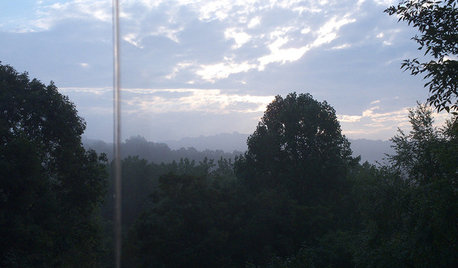
ARCHITECTURE4 Things a Hurricane Teaches You About Good Design
When the power goes out, a home's design can be as important as packaged food and a hand-crank radio. See how from a firsthand account
Full Story
CONTRACTOR TIPSBuilding Permits: What to Know About Green Building and Energy Codes
In Part 4 of our series examining the residential permit process, we review typical green building and energy code requirements
Full Story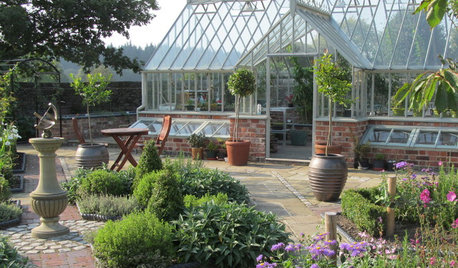
GARDENING GUIDESWindy English Plot Becomes a Kitchen Garden
A garden in Derbyshire’s Peak District combines practical elements and beautiful design
Full Story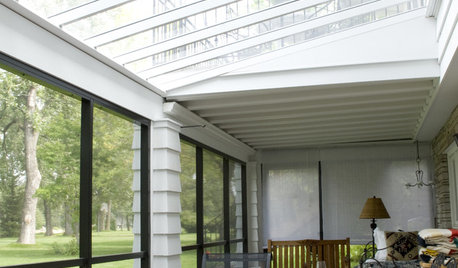
Make a Space Special with Glass
A ceiling here, a wall there — some extra translucence can create a magical space
Full Story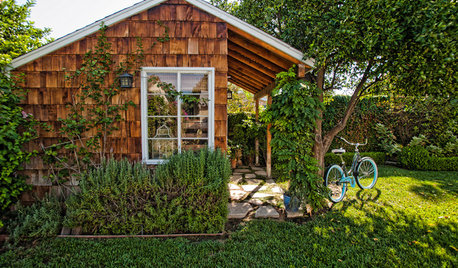
BACKYARD IDEAS7 Backyard Sheds Built With Love
The Hardworking Home: Says one homeowner and shed builder, ‘I am amazed at the peace and joy I feel when working in my garden shed’
Full Story
PORCHES10 Ways to Style a Sun Porch
Freshen up this sunny room with light and easy decor for the warm weather ahead
Full Story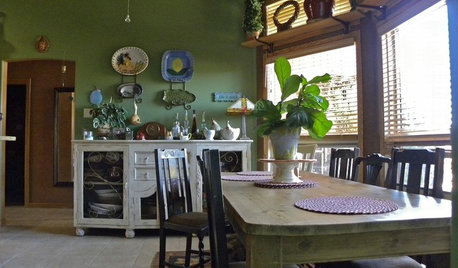
HOUZZ TOURSMy Houzz: Visit an Eco-Minded Yoga Haven
A couple with rock ’n’ roll roots transform a Utah high desert ranch into their dream home and retreat
Full Story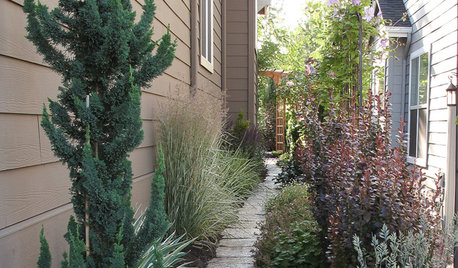
SIDE YARD IDEASNarrow Trees for Tight Garden Spaces
Boost interest in a side yard or another space-challenged area with the fragrance and color of these columnar trees
Full StoryMore Discussions






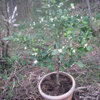
hoosierquilt USDA 10A Sunset 23 Vista CA
johnmerr
Related Professionals
Simpsonville Landscape Architects & Landscape Designers · Hershey Landscape Architects & Landscape Designers · Horsham Landscape Architects & Landscape Designers · New Mexico Landscape Architects & Landscape Designers · Lakeland Landscape Contractors · Medford Landscape Contractors · Arlington Landscape Contractors · Dudley Landscape Contractors · Goodlettsville Landscape Contractors · Homewood Landscape Contractors · Los Banos Landscape Contractors · Pleasant Prairie Landscape Contractors · Sammamish Landscape Contractors · Setauket-East Setauket Landscape Contractors · Yukon Landscape Contractorshoosierquilt USDA 10A Sunset 23 Vista CA
loneroc1Original Author
krismast
hoosierquilt USDA 10A Sunset 23 Vista CA
loneroc1Original Author
hoosierquilt USDA 10A Sunset 23 Vista CA